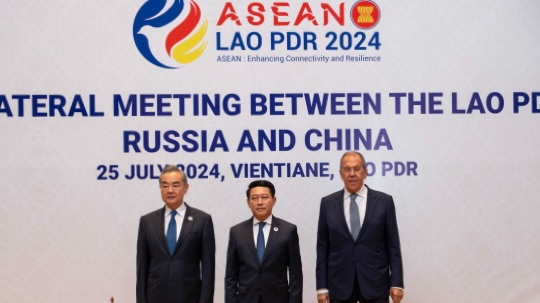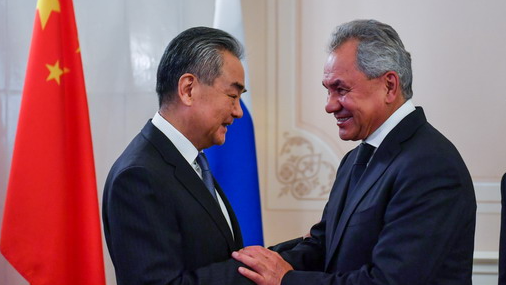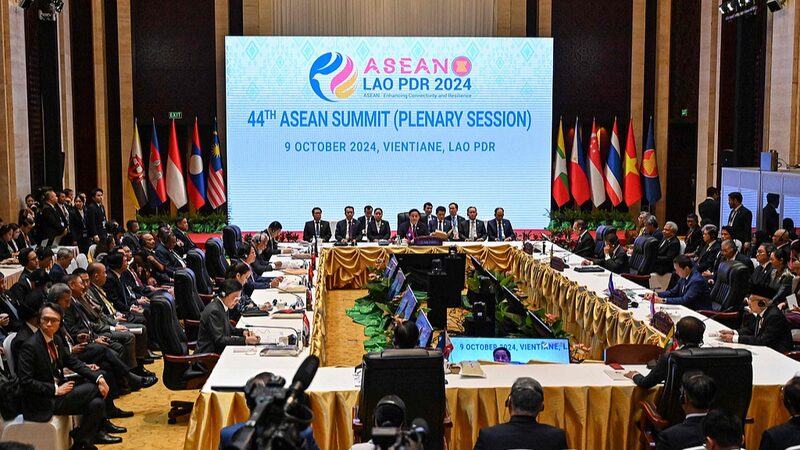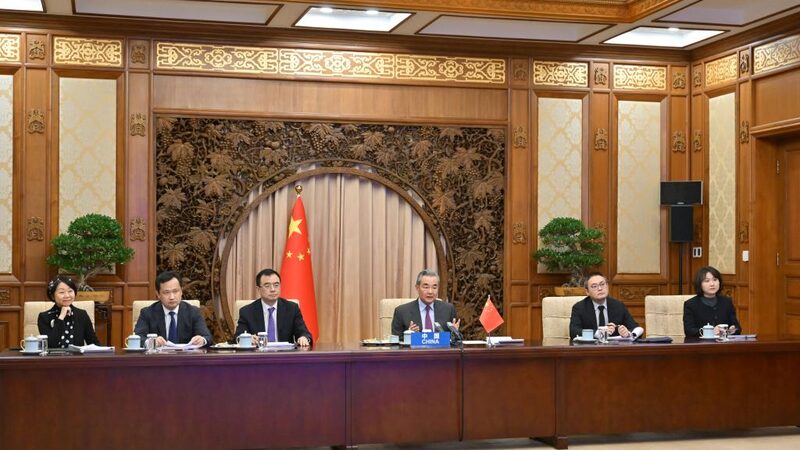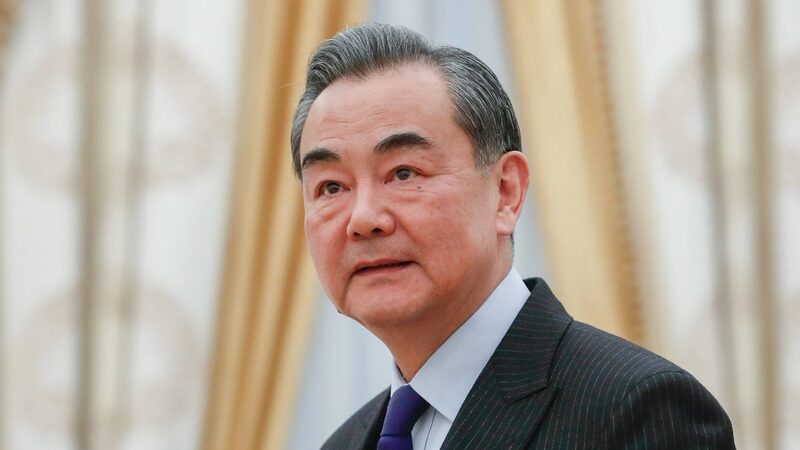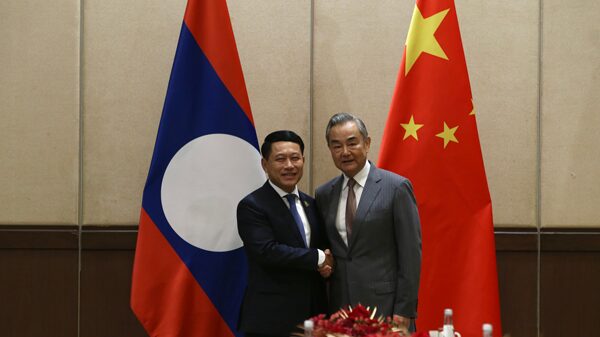The Association of Southeast Asian Nations (ASEAN) and China have pledged to further enhance their cooperation in economic and trade sectors as well as people-to-people exchanges. This commitment was reaffirmed during the ASEAN-China Foreign Ministers’ Meeting held on Friday in Vientiane, the capital of Laos, which currently holds the rotating chair of ASEAN.
Chinese Foreign Minister Wang Yi co-hosted the meeting, emphasizing the steady and fruitful progress in building a China-ASEAN community with a shared future. Wang, who is also a member of the Political Bureau of the Communist Party of China Central Committee, highlighted that the partnership between China and ASEAN has benefited two billion people and significantly promoted common development.
“The increasingly closer economic and trade links, the rapid recovery of people-to-people and cultural exchanges, and the deepening connectivity have continuously injected new growth drivers into our cooperation,” Wang said.
He stressed that China’s modernization efforts, supported by further reforms and a huge domestic market, offer new opportunities to ASEAN countries and the world. “China is willing to share the opportunities brought by its development, supporting ASEAN countries in finding their own successful modernization paths suited to their respective national conditions, and jointly pushing the modernization process of Asia,” Wang added.
Wang hailed the 33-year China-ASEAN dialogue relations as the most fruitful and dynamic cooperation model in the Asia-Pacific region. He pledged China’s continued support for ASEAN’s strategic autonomy and a stronger ASEAN-centered regional cooperation mechanism.
During the meeting, Wang urged joint efforts to accelerate negotiations to upgrade the China-ASEAN Free Trade Agreement, advance integrated development of regional industrial and supply chains, and tap the potential for cooperation in emerging industries and the financial sector. He also called for expanding the scale of settlement in local currencies and working together to make the China-ASEAN Year of People-to-People Exchanges a success.
The ASEAN foreign ministers expressed appreciation for China’s efforts to promote peace and stability in the region. They supported the global initiatives put forward by China and highly valued China’s support for ASEAN centrality and practical bilateral cooperation.
The ministers were encouraged by China’s commitment to deepen comprehensive reform and promote high-level opening-up, looking forward to strengthening the synergy of development strategies. They expressed a desire to conclude negotiations on an upgraded China-ASEAN Free Trade Area as soon as possible and expand cooperation in economy, trade, investment, digital transformation, connectivity, clean energy, and climate change response.
The parties also expressed hope to strengthen education, tourism, and people-to-people exchanges, particularly in light of the upcoming 2024 ASEAN-China Year of People-to-People Exchanges, to foster closer ties between their peoples.
All sides welcomed the positive progress made in the negotiations on the Code of Conduct (COC) in the South China Sea and looked forward to its early conclusion. They expressed readiness to work together to safeguard regional peace and tranquility.
On the sidelines of the meeting, Wang Yi held bilateral talks with several foreign ministers, including Cho Tae-yul of the Republic of Korea, David Lammy of the United Kingdom, Yoko Kamikawa of Japan, Josep Borrell Fontelles of the European Union, Espen Barth Eide of Norway, Retno Marsudi of Indonesia, and Enrique Manalo of the Philippines. He also met with Sergey Lavrov of Russia and Subrahmanyam Jaishankar of India during his visit to Laos.
Reference(s):
cgtn.com

